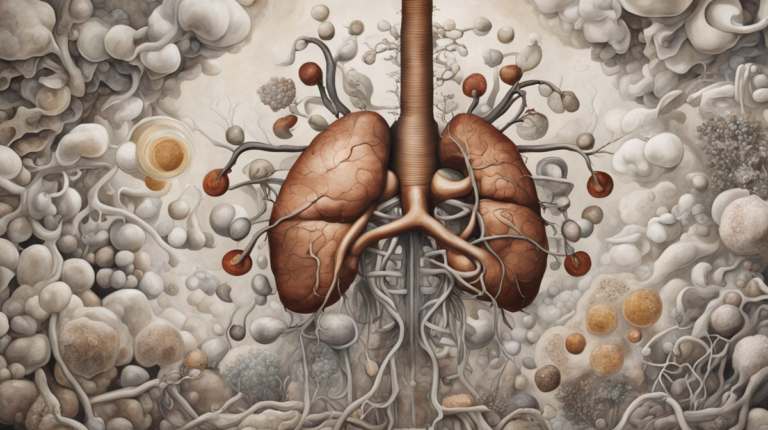This article will explore the vital role of magnesium in maintaining and improving liver health. We will delve into the physiological and biochemical aspects, recent scientific discoveries and studies surrounding the subject, and provide you with practical advice for optimal health.
What is magnesium and why is it important?
Magnesium is an essential mineral that plays a crucial role in hundreds of biochemical reactions in the human body. It is primarily involved in energy production, protein synthesis, muscle and nerve function, and blood pressure regulation. However, the role of magnesium in liver health is less often discussed but is no less important.
Role of magnesium in liver function
Magnesium is vital for the optimal functioning of our liver. The liver is like a factory in our body, processing nutrients in food and turning them into energy, while detoxifying harmful substances. Both functions depend largely on enzymes and chemical reactions that require magnesium. Therefore, magnesium deficiency can have adverse effects on the metabolic functioning of the liver.
Scientific evidence: magnesium and liver health
Several scientific studies highlight the link between magnesium levels and liver health. For example, a study published in the Journal of Clinical Biochemistry found that patients with liver disorders cirrhosis had significantly lower magnesium levels than healthy individuals. Another study in the Journal of Hepatology noted a potential correlation between magnesium deficiency and non-alcoholic fatty liver disease.
Controversy
Despite ample evidence highlighting the link between magnesium and liver health, there is still a degree of controversy and debate. While many studies conclude that magnesium deficiency negatively impacts the liver, others say that supplementing magnesium may not directly benefit liver health. The relationship between magnesium and the liver therefore still requires further research.
Practical advice: Magnesium for optimal liver health
To ensure optimal liver health and overall well-being, it is best to maintain sufficient levels of magnesium in the body. Foods rich in this mineral include green leafy vegetables, whole grains, nuts and seeds. Balance, nutrient-rich diet is always the best approach. However, people with significant magnesium deficiency may need to consider taking dietary supplements, but only under the guidance of a healthcare professional.
Conclusion
Magnesium plays a crucial role in maintaining liver health. Although there is some controversy over its impact, the general consensus is that maintaining healthy levels of magnesium in the body can contribute to optimal liver function. As our knowledge and research deepens, the role of magnesium in liver health may become much clearer. For now, ensuring sufficient magnesium intake through a balanced diet seems to be a win-win proposition.
